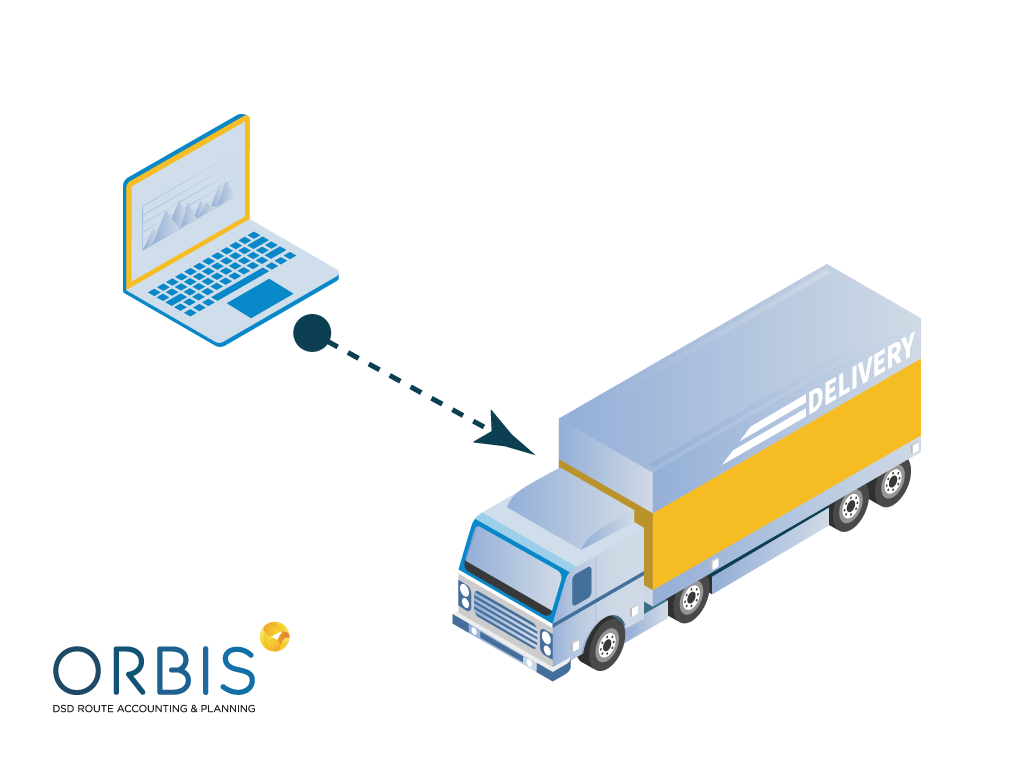If you work in the distribution industry or anywhere near the realm of logistics, then you’ve probably already heard something about Direct Store Delivery (DSD) – but what is it exactly? In a nutshell, DSD is when manufacturers and wholesalers distribute and sell their products directly to either the point of sale (PoS) or point of consumption (PoC) including additional product and market related services such as merchandising, information gathering, or equipment service – and bypassing any form of retailer or wholesaler logistics. A company that adopts DSD does not send goods to any locations using an independent third-party, neither an independent wholesaler, nor the retailer‘s own warehouses.
Like with any complex business process, DSD comes with its own set of advantages and challenges. The vehicles required, together with the staff you’ll need to hire and train, the software you’ll need to make use of – all of this could take a hefty chunk out of your budget if things aren’t managed effectively. Done right, it’s a relatively small price to pay, though, when considering the many advantages you’ll gain in having that close, flexible relationship with your customers. DSD provides businesses with a far deeper understanding of why and at what rate certain goods are selling, and why others are not. It’s a huge benefit when it comes to customer retention, largely because of the improved perspective on your customers. Not only that, but DSD will even provide you with a more detailed and comprehensive understanding of your competition.
DSD helps businesses increase revenue
DSD is an alternative distribution model to centralized distribution and tends to be used extensively in the food industry for fresh products such as milk and bread where minimizing the number of days in the supply chain is a key concern. Similarly, DSD is used effectively for full truckload orders where bypassing distribution centers makes economic sense. DSD is also a favored approach when there is a strong requirement for supplier knowledge or service such as is the case with greeting cards. Here are the main benefits of DSD:
- Allowing quick and accurate truck loading
- Improving control of inventory
- Planning of more efficient delivery routes
- Management of salesperson tasks and priorities
- Automation and tracking of non-sales activities
- Calculation of all inventory movement
- Efficient end of day processing
The next generation solution to DSD
Integrating your DSD process with a modern Cloud ERP solution is crucial in getting the absolute most out of Direct Store Delivery. Orbis DSD Route Accounting & Planning extends Acumatica Cloud ERP with functionality that is tailored for the Direct Store Delivery (DSD) industry, helping DSD companies increase customer service while reducing errors, payment disputes, and administrative costs. Orbis DSD also integrates with many leading mobile Sales Force Automation applications to provide a full end-to-end DSD solution. Contact us to see how we can help you streamline complex distribution processes, reduce response times, and cut costs – resulting in increased revenue and customer loyalty that ultimately keeps you one step ahead of the competition.



